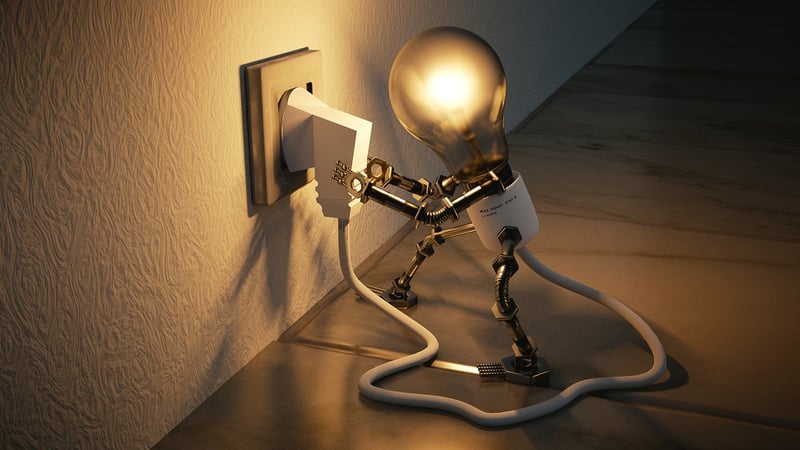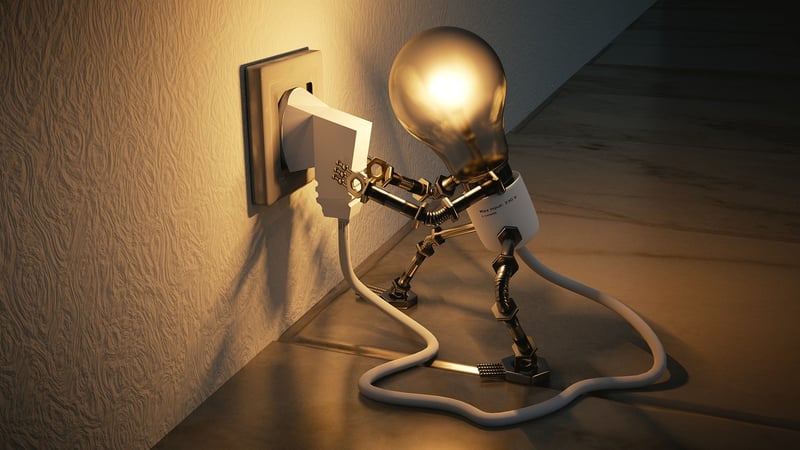Industrial Revolution
Exploring Historical Periods: Industrial Revolution
Welcome to a journey through various historical periods, each marked by significant events and developments that have shaped the world we live in today. In this exploration, we will delve into one of the most transformative eras in history - the Industrial Revolution.
Ancient Civilizations
The story of human civilization begins with ancient societies such as the Mesopotamians, Egyptians, Greeks, and Romans. These civilizations laid the foundations for art, architecture, philosophy, and governance that continue to influence modern culture.
The Middle Ages
Following the fall of the Roman Empire, Europe entered the Middle Ages, characterized by feudalism, the rise of Christianity, and the construction of magnificent cathedrals. This period also saw the flourishing of Islamic civilization in the Middle East and North Africa.
The Renaissance
The Renaissance was a time of renewed interest in art, science, and exploration. Visionaries like Leonardo da Vinci and Michelangelo created masterpieces, while explorers like Christopher Columbus opened up new worlds.
The Age of Enlightenment
The Age of Enlightenment brought a focus on reason, science, and individual rights. Thinkers like Voltaire, Rousseau, and Locke laid the groundwork for modern democracy and human rights.
The Industrial Revolution
Finally, we arrive at the Industrial Revolution, a period of rapid industrialization, technological advancements, and urbanization that began in the late 18th century. This era saw the birth of factories, steam engines, and mass production, transforming economies and societies worldwide.
Key Aspects of the Industrial Revolution:
- Introduction of mechanized manufacturing processes
- Urbanization and migration from rural areas to cities
- Growth of industries such as textiles, iron, and coal mining
- Innovations in transportation, including the steam engine and railways
The Industrial Revolution revolutionized the way goods were produced and led to profound social and economic changes. It laid the groundwork for modern industrial societies and set the stage for further technological advancements in the centuries to come.
As we reflect on these historical periods, we gain a deeper understanding of the forces that have shaped our world and appreciate the progress and challenges that have defined human civilization.
Let's continue to explore and learn from the past as we navigate the complexities of the present and shape the possibilities of the future.
Image Source: Pixabay

